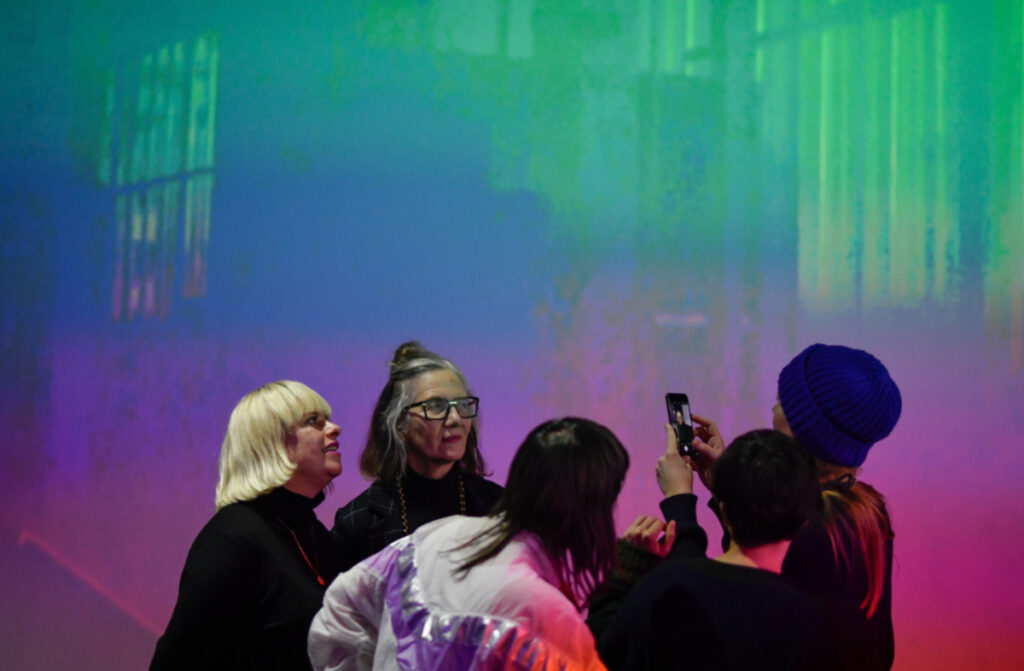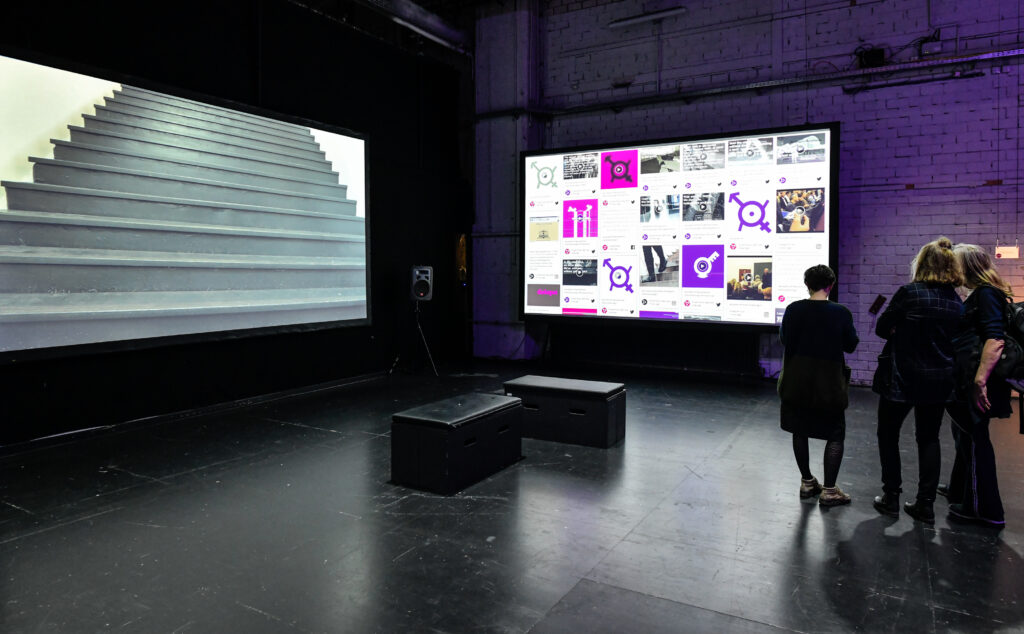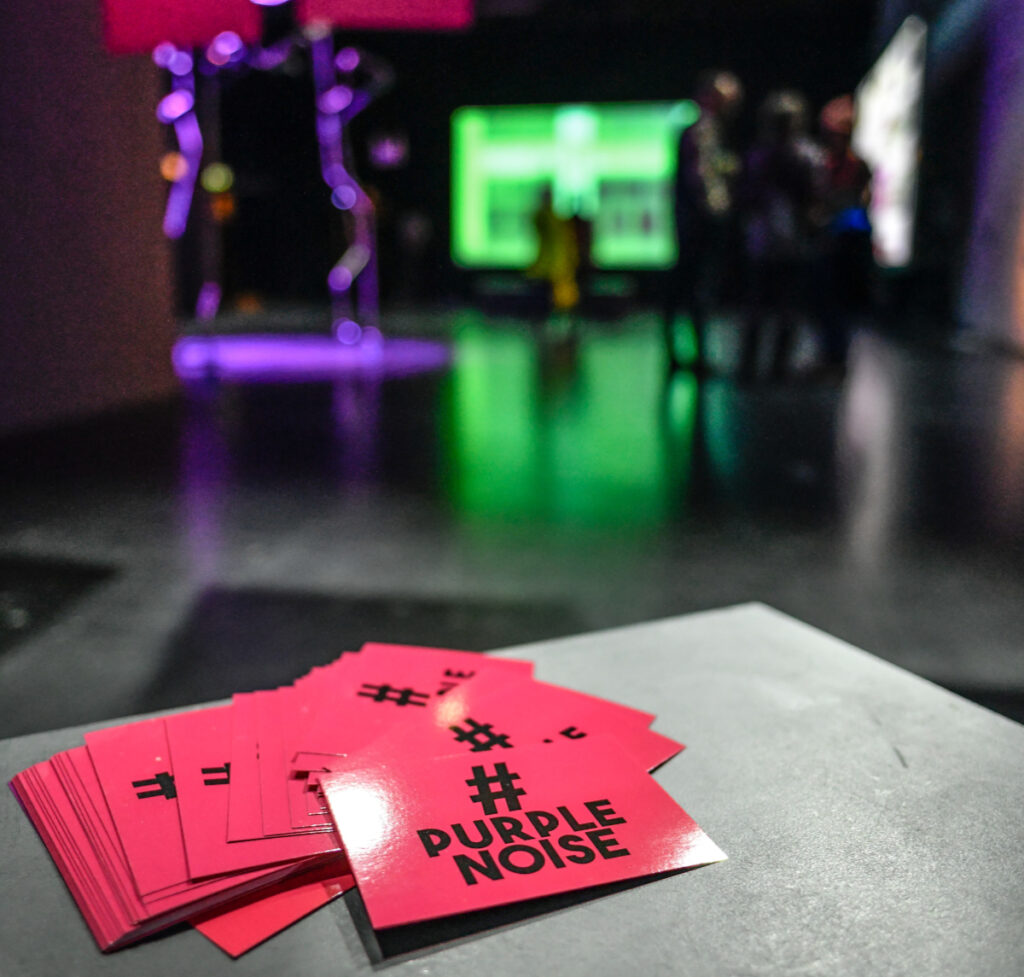-
Laudation by Olga Goriunova
delivered 12 September 2025, at Deutscher Künstlerbund, Berlin
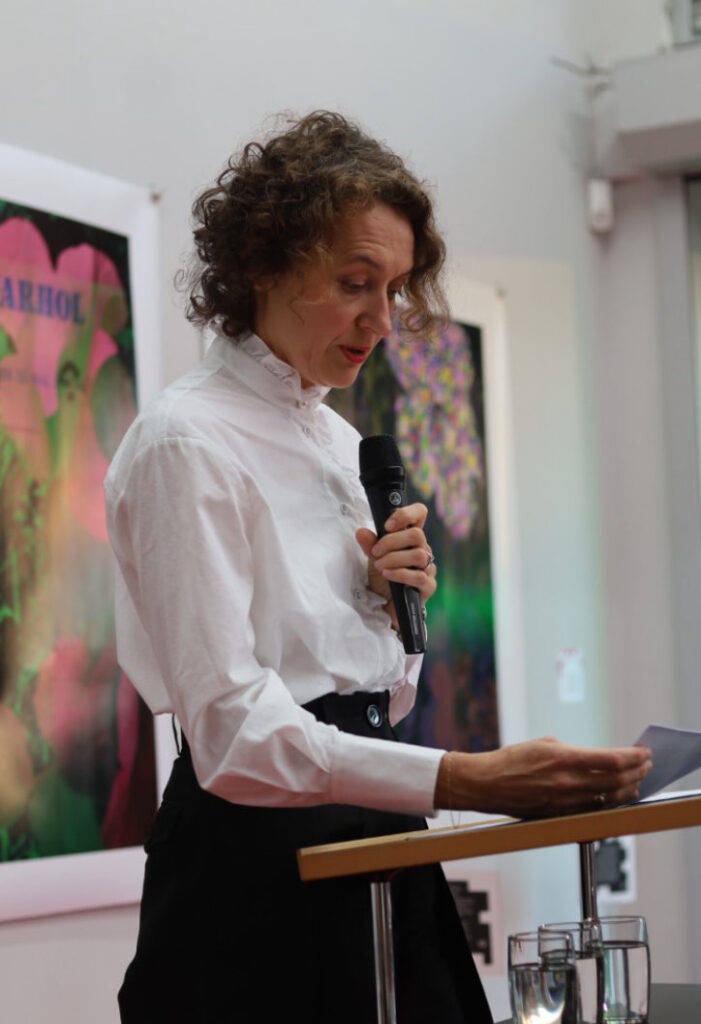
Laudatio in deutscher Übersetzung
-
Nothing comes without its world!
Exhibition at Deutsche Künstlerbund Berlin, 12 September – 21 November 2025.
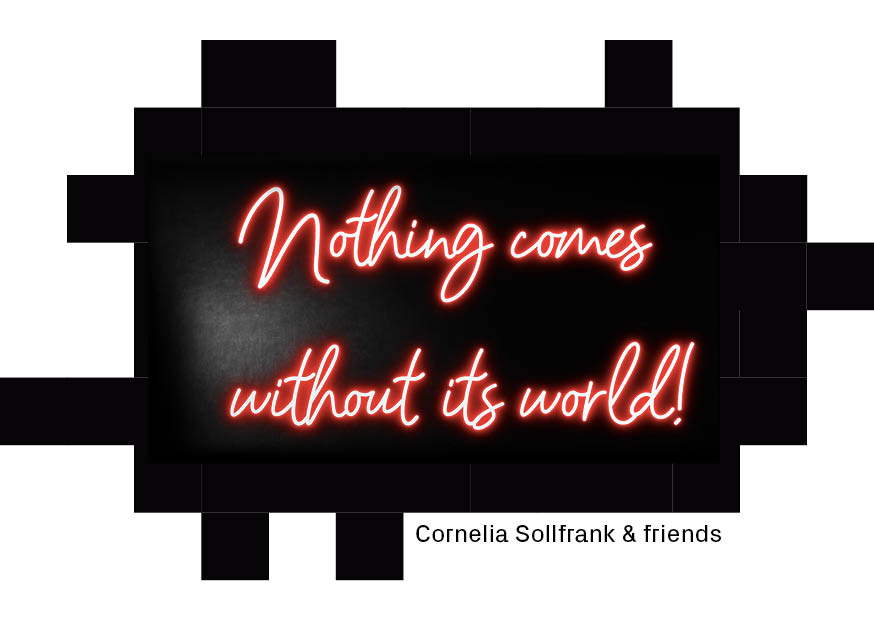
On the occasion of the presentation of the HAP Grieshaber Prize 2025, Cornelia Sollfrank takes the invitation to a solo exhibition as an opportunity not only to present a selection of her own works, but also to provide insight into the “world” that this work has helped to create: a long-standing relational network of Berlin-based and international agents. Including: BethaSpace, bildwechsel – umbrella association for women, media, culture; Disruption Network Lab Berlin; EECLECTIC; Furtherfield London; God’s Entertainment; medienwerkstatt im kulturwerk des bbk berlin; monoskop (Dusan Barok); mz* baltazar’s lab; nag_team; neural Magazine (Alessandro Ludovico); OFFICE IMPART; panke.gallery; #purplenoise; T-INA Darling; VNS Matrix; Andy Warhol; Zentrum für Netzkunst e.V.
Press release with detailed information.
-
Together Yet Alone
Olomouc (CZ) // Studio G21 Gallery as part of XY festival @galeriexyolomouc
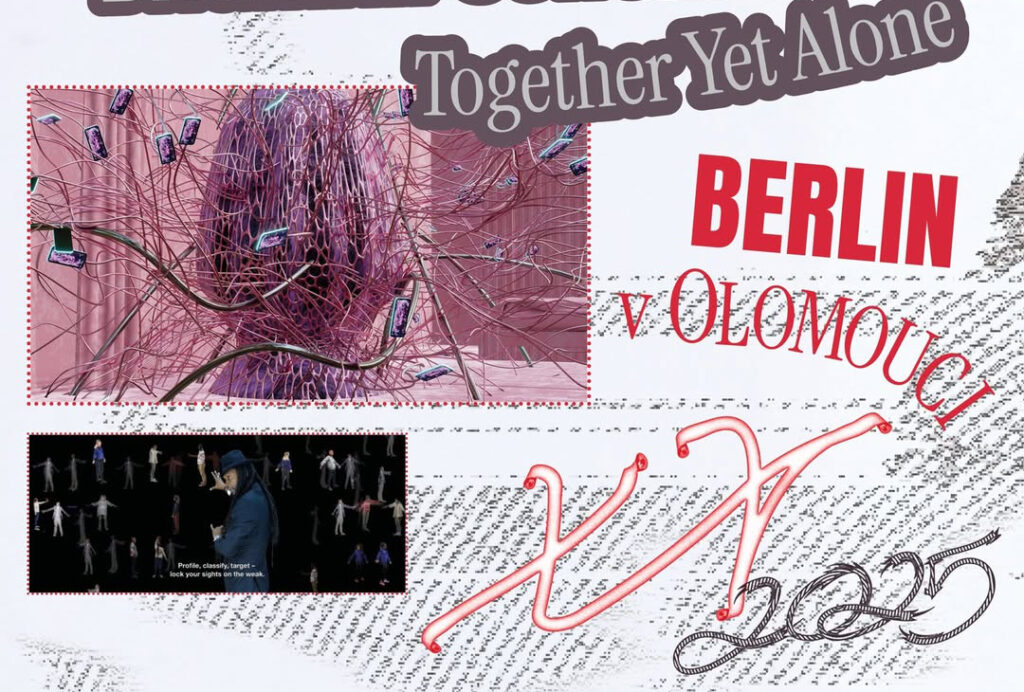
Curated by Tomáš Javůrek and Andreas Gajdošík through @screensavergallery.
-
net.art generator
A look back at the 25-year history of this legendary software art project and the projects that have emerged from it.
Bonn / Frauenmuseum / Opening 7 April 2024
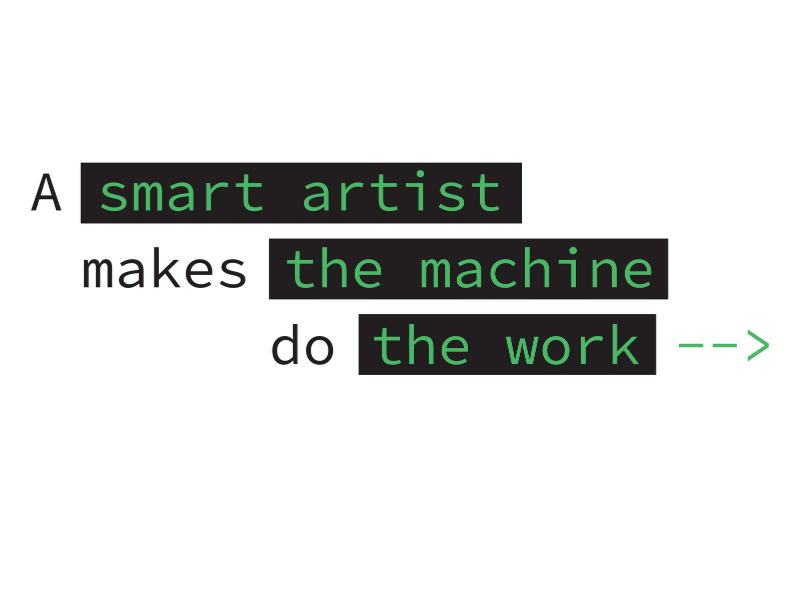
-
Continuous Shift
Konsthall Kristianstad / 2022-2023
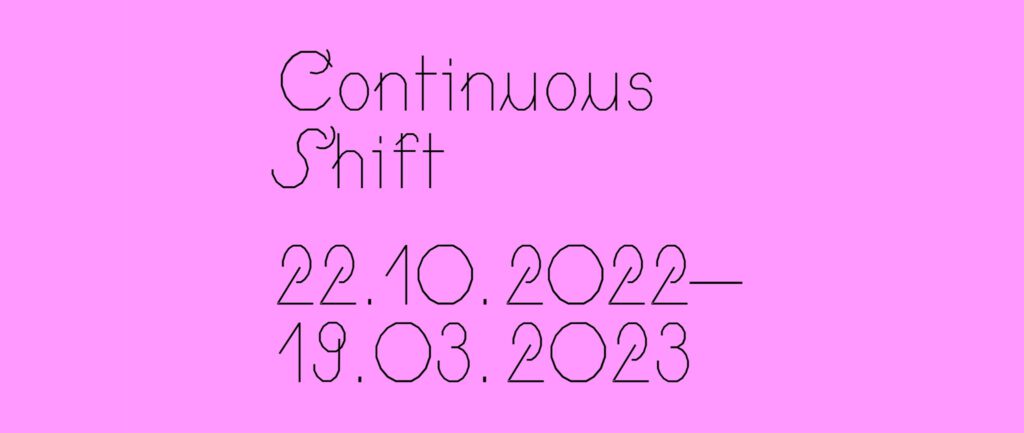
The intersection between the digital and the artistic has received a lot of attention in recent years. Many have heard expressions like AI, crypto, NFTs and blockchain but what do they mean and what relationship do they have to contemporary art? Much of what has been presented in the media as digital art has left us both curious and confused.
What is the human relationship with technology and digitisation in an age when they seem to be completely fused? Can the differences between life, art and technology be discerned? How do professional contemporary artists work with ever new digital possibilities?
For Continuous Shift, the art gallery invites six arists whiose work enable active encounters between art and technology and raise awareness for this relatively niche genre. Through physical and visual experiences that activate multiple senses, visitors can experience the digital art world in our space. In the Kristianstad Art Gallery’s premises, unique spaces will emerge that demand our attention.
-
Empowerment
Kunstmuseum Wolfsburg / September 2022 – January 2023
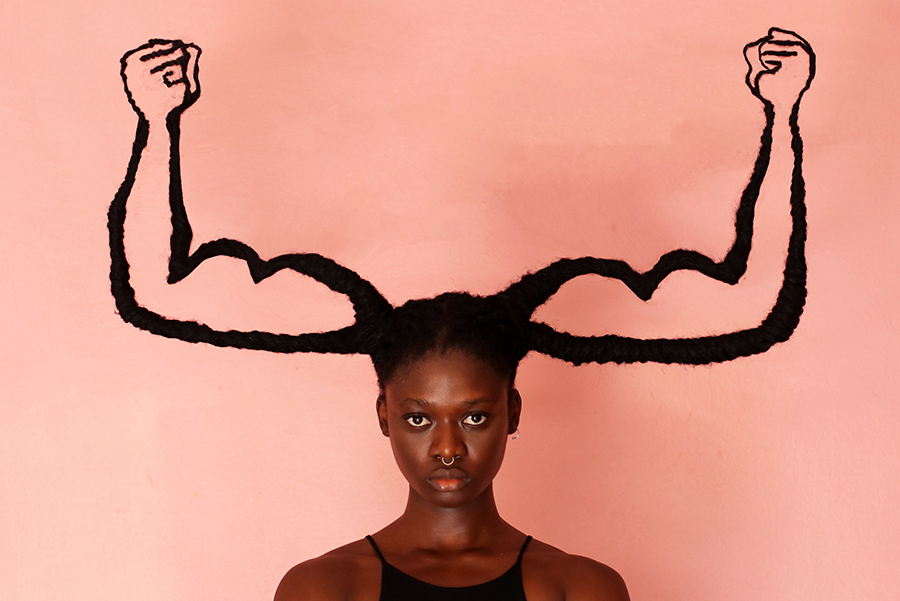
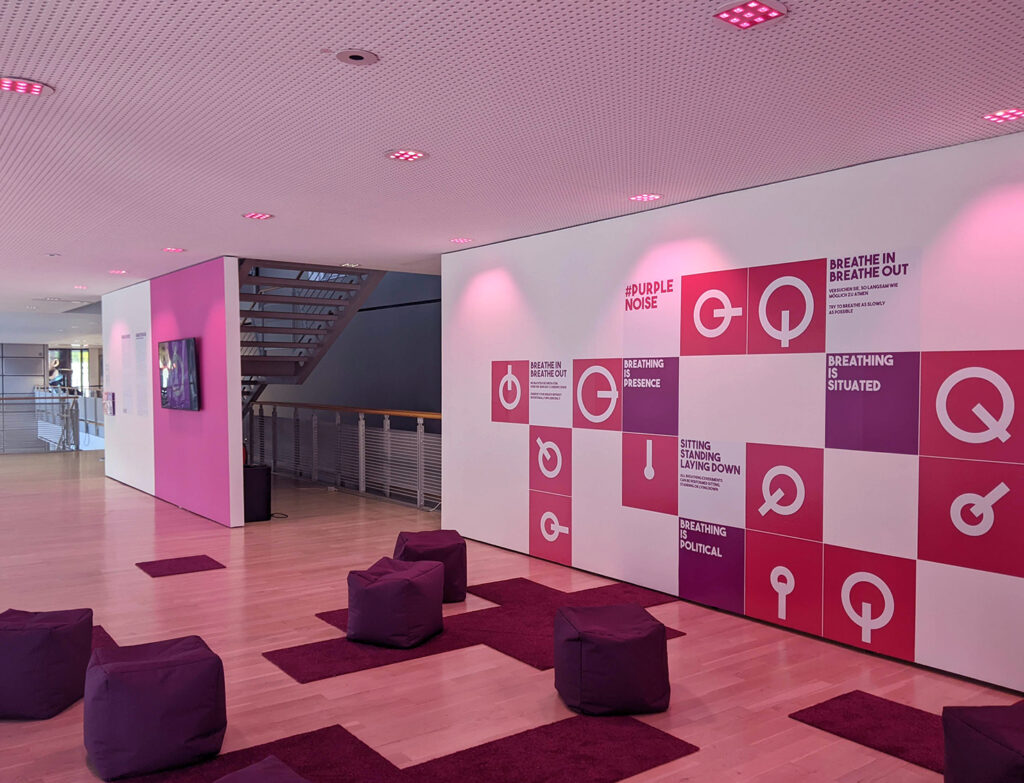
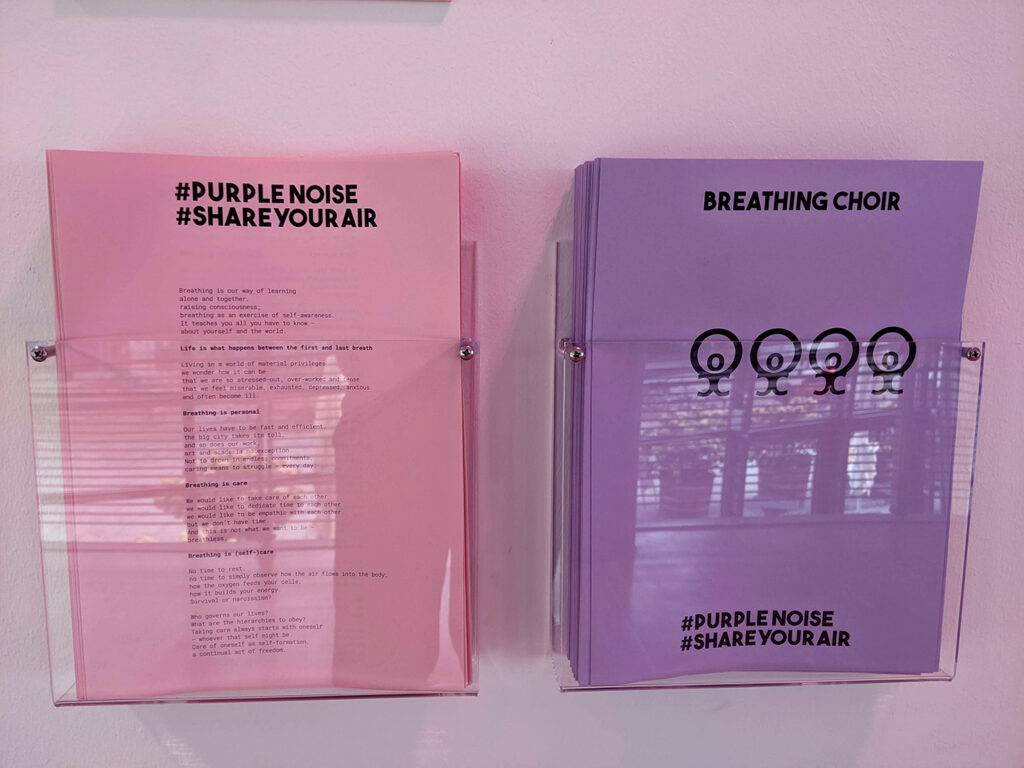

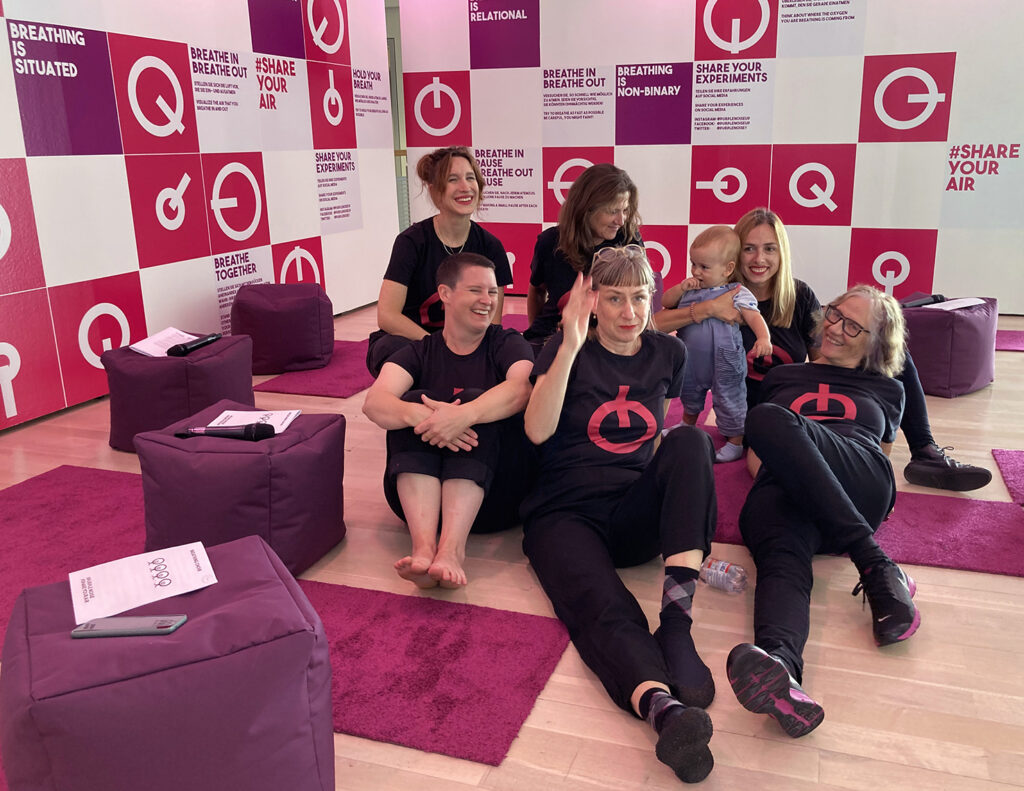
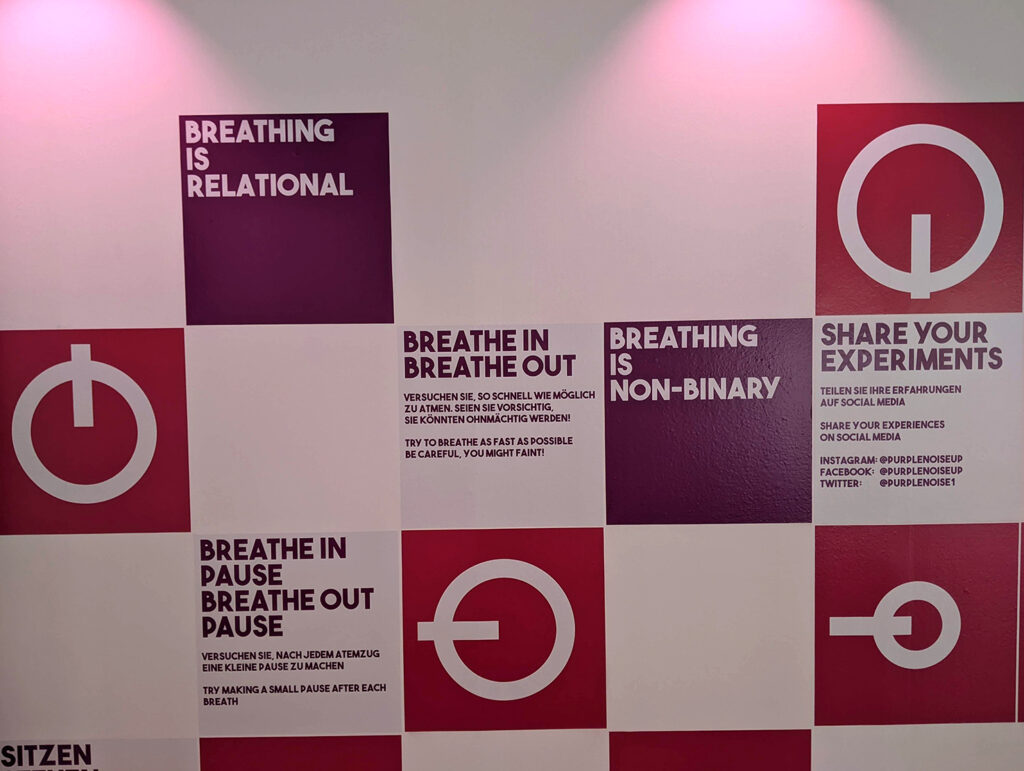
#shareyourair is an interactive installation by #purplenoise that enables visitors to experiment with breathing and to get a better understanding of its social and environmental complexities.
-
WetWare
New York / June 2022
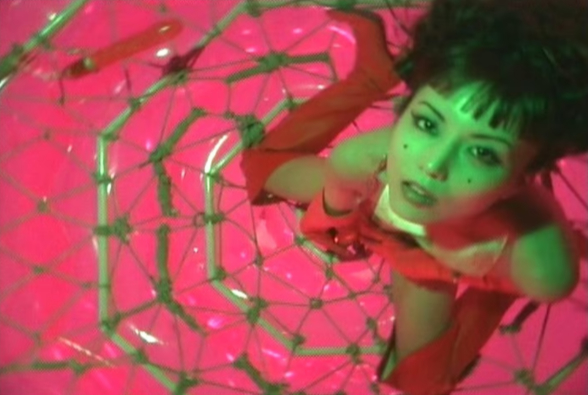
WETWARE showcases nine artists to celebrate and support their work and the upcoming publication CYBERFEMINISM INDEX. The curator Mindy Seu presents seminal cyberfeminist artworks as NFTs in collaboration with the New Museum and Feral File. Artists include: Cornelia Sollfrank, Danielle Brathwaite-Shirley, Linda Dement, Mary Maggic, Morehshin Allahyari, Prema Murthy, Shu Lea Cheang, Skawennati, and VNS Matrix.
-
NfTNeTArT – from Net Art to Art NFT
panke.gallery and Office IMPART / Berlin / February – March 2022
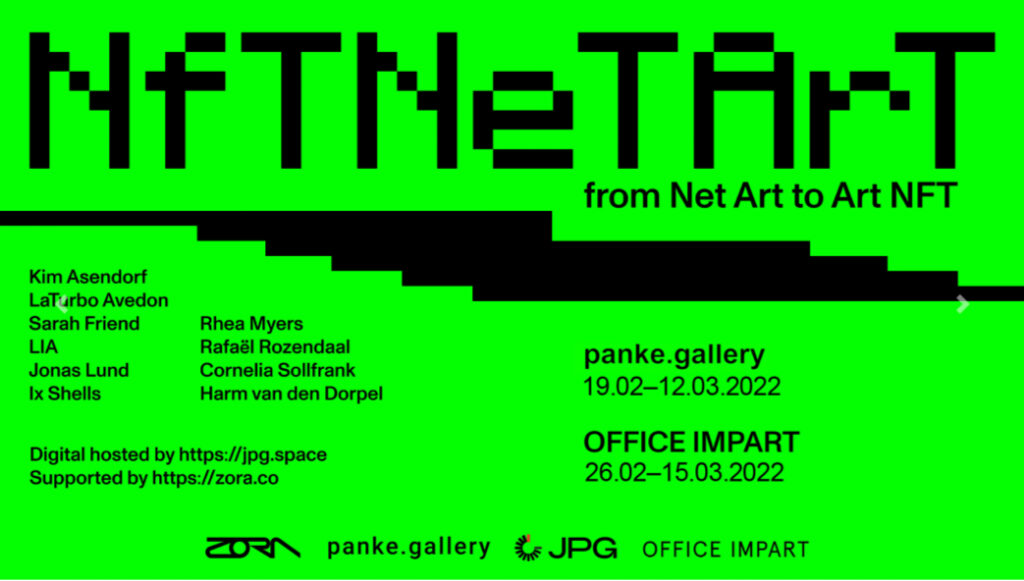
The exhibition NfTNeTArT – from Net Art to Art NFT brings together nine international artists that use algorithmic or generative systems as their artistic language. Confronting recent technologies and blockchain applications, the artists‘ strategies range from aesthetic or narrative, to critical or rather performative investigations. They equally explore the limits and possibilities of NFTs. Featuring historical net art activities next to very recent works developed specifically for the occasion, the exhibition creates a dialogical environment in which classic network phenomena and cutting-edge technologies interact. Artists: Kim Asendorf, LaTurbo Avedon, Sarah Friend, LIA, Jonas Lund, Rhea Myers, Rafaël Rozendaal, Cornelia Sollfrank, Harm van den Dorpel.
-
Writing the History of the Future
ZKM Karlsruhe / 23 February 2019 – 9 January 2022
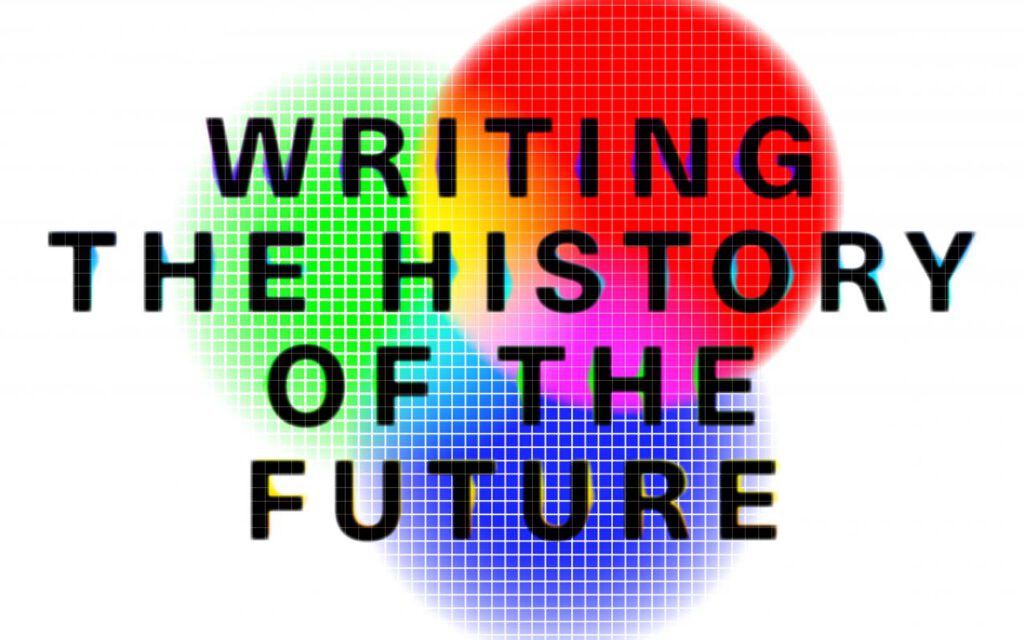
In an extraordinary compilation, ZKM presents the main works from its globally unique media art collection. The exhibition Writing the History of the Future exemplifies the transformation of art due to the changing technologies of production, reception, and distribution. It also shows how artists anticipate media and social practices that will only become self-evident for society in general years later. As the title of the exhibition says, they write the history of the future.
https://zkm.de/de/ausstellung/2019/02/writing-the-history-of-the-future
-
Open Codes. Networked Commons
Nam June Paik Art Center / Seoul / 1 July – 24 October 2021
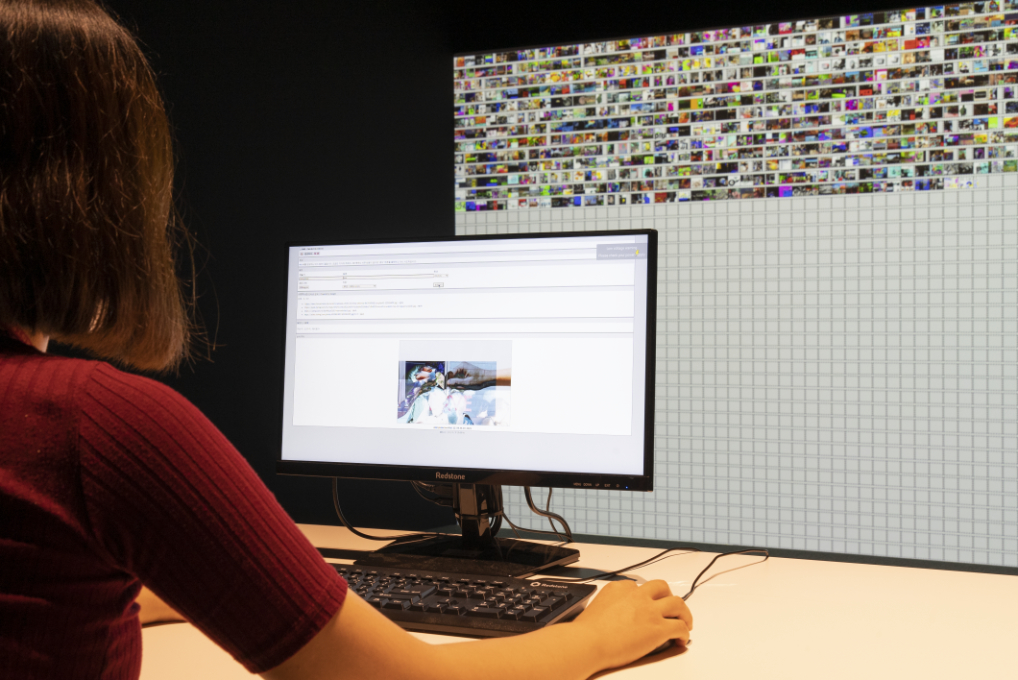
© Nam June Paik Art Center, Bak Hyongryol Open Codes. Networked Commons is an exhibition that provides a new way to look at the world we live in today; a world that is shaped by codes. It analyzes the digital infrastructure built and maintained by digital codes. Communication with computers is essential part of our life and we are confronted daily with computer screens and user interfaces. This exhibition, though, is designed to engage with the inherent nature and the creative potentials of computer codes, beneath the surface of the everyday user experience. In collaboration with ZKM | Center for Art and Media Karlsruhe.
-
Melting Point
Festival Acces-s / Billère (F) / 8 October 2020 – 2 April 2021
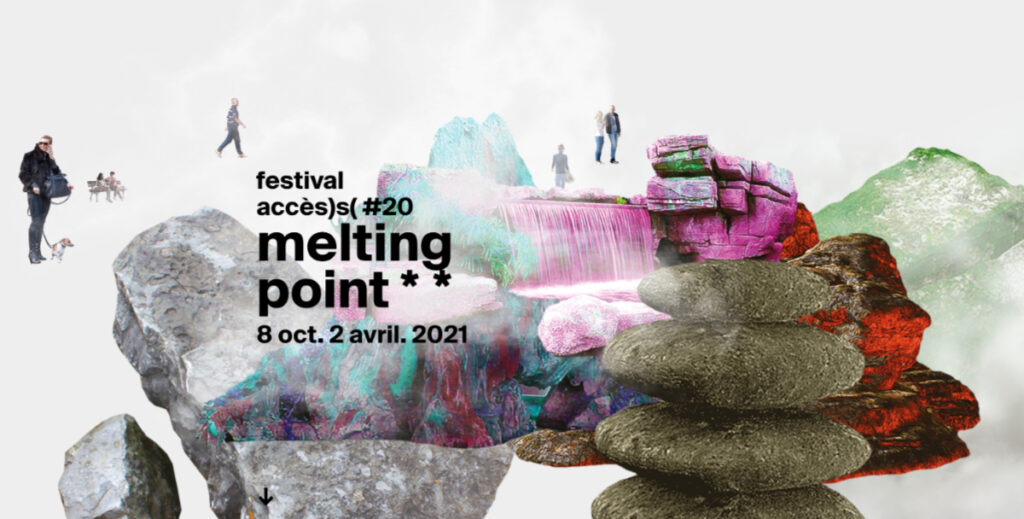
Social networks, applications, platforms, wikis… from youtubers to the creators of electrocybernetic technologies, from digital photography to interactive narratives, from net-art to webdesign, from glitch artists to virtual communities, Melting Point explores a hybrid web that can be conjugated in the plural.
-
We=Link: Sideways
Chronus Art Center / Shanghai / 2020
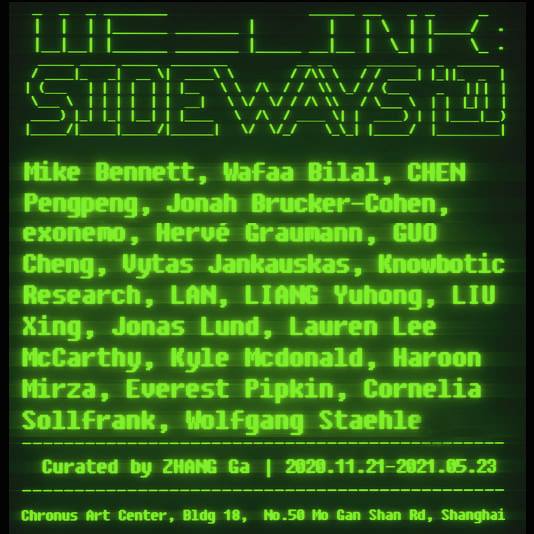
Often referred to as the last Avant-garde of the twentieth century, the phenomenon largely dubbed as net art appearing in the early ’90s with the advent of the internet enjoyed an unrestrained flourishing period of prolific experimental, creative and critical engagement with the nascent new-media-fueled economy and its cultural and social ramifications. Chronus Art Center is pleased to announce the presentation of this group exhibition, featuring twenty-two works from the pioneers of net art to millennials. The works on display and online span three decades of net art practice, from arguably the first internet-era artwork of The Thing BBS in 1991 to the most current production continuing to evolve as the exhibition opens.
http://www.chronusartcenter.org/en/cac-%c2%b7-exhibition-announcement-welinksideways/
-
OPEN SCORES – How to program the commons.
(exhibition catalogue) The exhibition OPEN SCORES was related to the artistic research project Creating Commons and brought together a series of practices through which artists articulate their specific forms of digital commons. From online archives to digital tools/ infrastructure and educational formats, the projects envision a (post-)digital culture in which notions of collaboration, free access to knowledge, sustainable use of shared resources, and data privacy are central. For the exhibition, each of the projects created a unique score to present their practice.
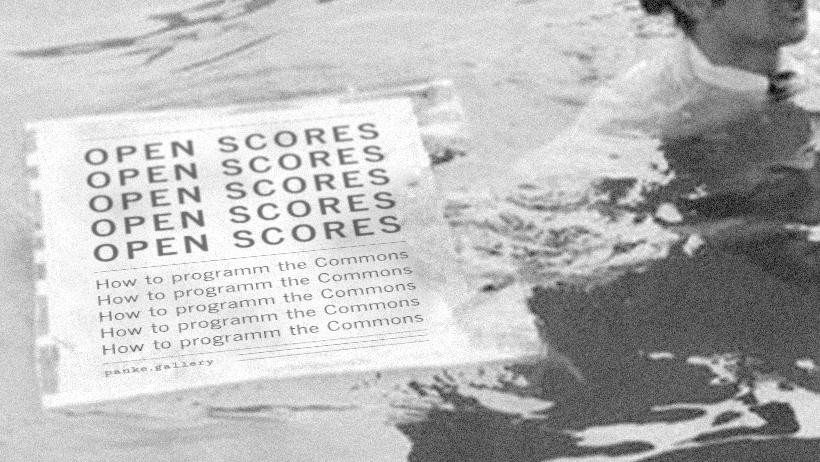
Participants:
Dušan Barok (monoskop.org), Marcell Mars & Tomislav Medak (memoryoftheworld.org), Sebastian Lütgert & Jan Gerber (0xdb.org), Kenneth Goldsmith (ubu.com), Sean Dockray (AAAAARG), Zeljko
Blace (#QUEERingNETWORKing), Ruth Catlow & Marc Garrett (furtherfield.org), Laurence Rassel (erg.be), Marek Tuszynski (Tactical Tech), Michael Murtaugh, Femke Snelting & Peter Westenberg (Constant), Stefanie Wuschitz (Mz* Baltazar’s Lab), Panayotis Antoniadis (nethood.org), Alessandro Ludovico (neural.it), Eva Weinmayr (andpublishing.org), spideralex, Sakrowski (curatingyoutube.net), Creating Commons.
Curated by Shusha Niederberger, Cornelia Sollfrank and Felix Stalder. -
I AM NOT A LOCAL GIRL
Kampnagel / Hamburg / November 2019
Video installation and participatory online theatre based on true events. DIGIFEM Festival, Kampnagel, Hamburg, 2019. The installation consists of two screens facing each other: On one screen there is a video with dreamlike sequences from various locations in Hamburg, in which the protagonist reflects from a great distance on past political events. Opposite is the projection of a „social wall“ on which flashbacks in the form of images, animations, text pieces, slogans, concepts, names, faces and places flood the social media channels of #purplenoise. The fragments create a narrative that will never be complete and yet brings hidden stories back to light.
-
Automat und Mensch. A History of AI and Generative Art
Kate Vass Gallery / Zürich / 29 May – 15 October 2019
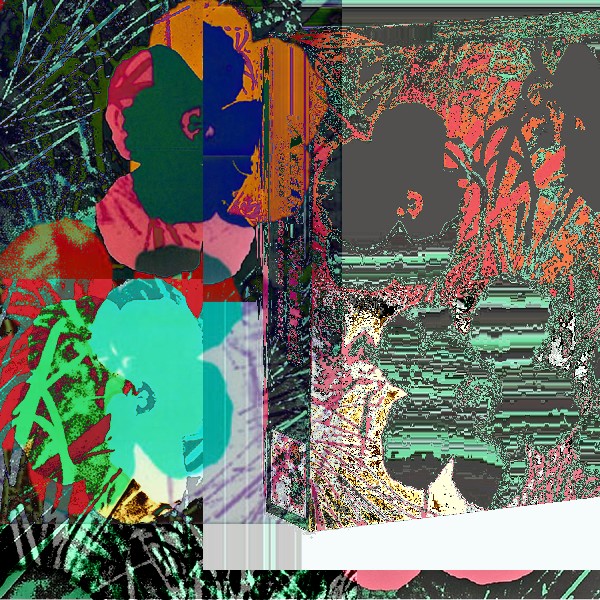
anonymous-warhol_flowers@Apr_24_16.26.39_2019 In the last twelve months we have seen a tremendous spike in the interest of “AI art,” ushered in by Christie’s and Sotheby’s both offering works at auction developed with machine learning. Capturing the imaginations of collectors and the general public alike, the new work has some conservative members of the art world scratching their heads and suggesting this will merely be another passing fad. What they are missing is that this rich genre, more broadly referred to as “generative art,” has a history as long and fascinating as computing itself. A history that has largely been overlooked in the recent mania for “AI art” and one that co-curators Georg Bak and Jason Bailey hope to shine a bright light on in their show Automat und Mensch (or Machine and Man).
-
Open Scores. How to program the commons
panke.gallery / Berlin / 21 September – 12 October 2019

The exhibition OPEN SCORES brings together a series of practices through which artists articulate their specific forms of digital commons. From online archives to digital tools/ infrastructure and educational formats, the projects envision a (post-)digital culture in which notions of collaboration, free access to knowledge, sustainable use of shared resources, and data privacy are central. For the exhibition, each of the projects created a unique score to present their practice. Curated by Shusha Niederberger, Cornelia Sollfrank, Felix Stalder.
-
Top Tens
Onassis Cultural Center / Athens / 16 – 18 March 2018
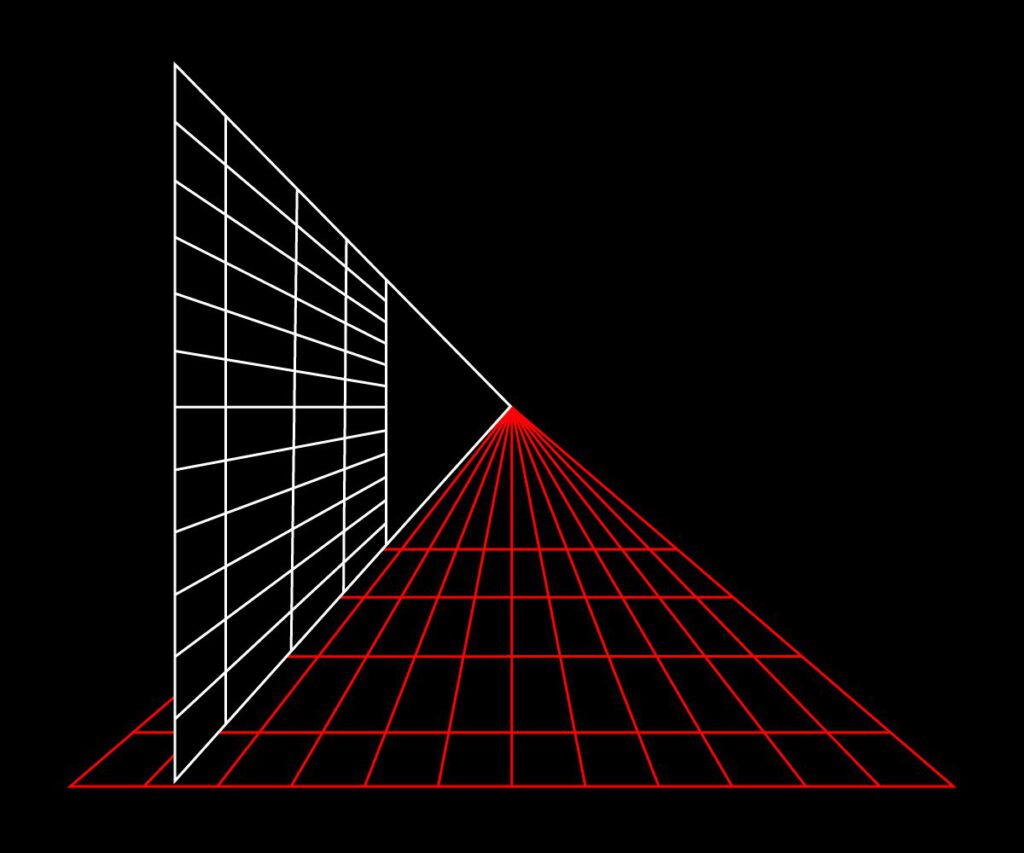
Top Tens – UbuWeb in Athens presents works from the shadow library Ubu Web. Ten guest curators share and spatialise their collection by tracing their own path through the colossal mass of UbuWeb’s collection. Entering the shadow library through this exhibition changes the way we perceive art history. Part of the show is the video I DON’T KNOW by Cornelia Sollfrank.
-
Commons Lab
Montréal / 2017
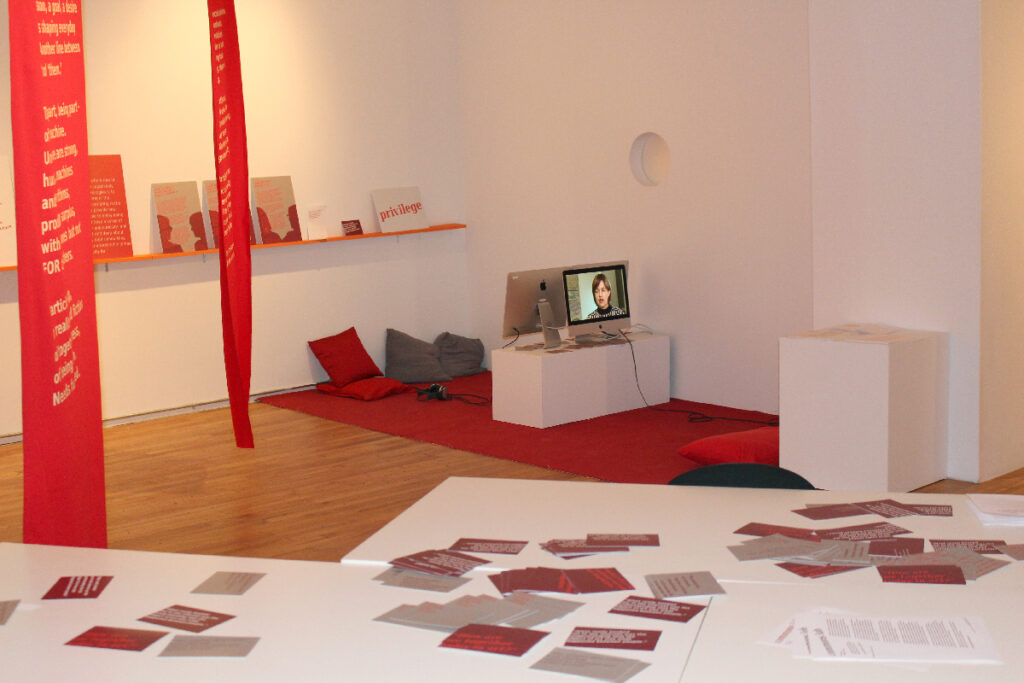
Commons Lab took place in 2017 at Studio xx in Montréal. It was a space for exploring issues that arise at the intersection of +feminism+digital+art+commons. A strong visual language created the framework within which workshops and screenings took place. In-person and group conversations reflected and tested tools and techniques of collaboration, and produced and shared knowledge and skills. Special attention was given to the collaboration between local and translocal actors.
Project website: https://artwarez.org/projects/commonslab/
-
Multiple Future
Tokyo Photographic Art Museum / Tokyo / 10 – 26 Februrary 2017
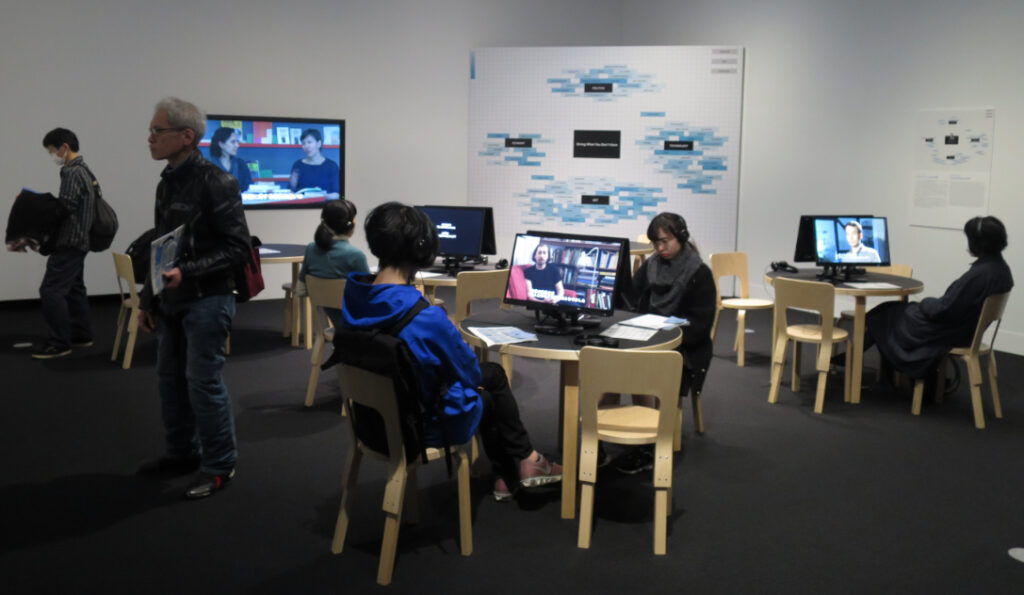
The project Giving What You Don’t Have is part of the exhibition Multiple Future at the Yebisu International Festival for Art and Alternative Visions.
-
Netzkunst im Berlin der 90er Jahre
panke.gallery / Berlin / 2 February – 22 February 2017
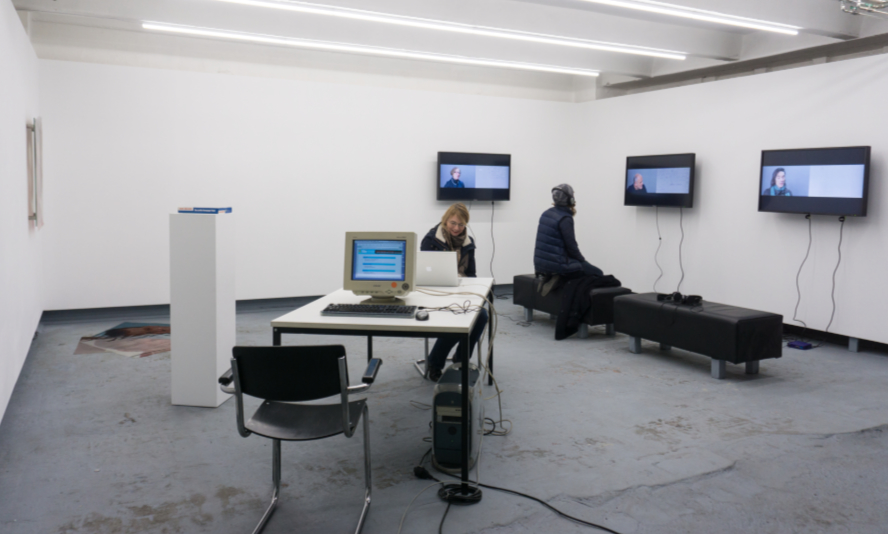
https://www.panke.gallery/exhibition/transmediale
— 1990s Berlin Net Art — Towards a Critical Evaluation. In February 2017, panke.gallery begins a critical evaluation of 1990s Berlin net art. Numerous early net art activities originated before the invention of graphic browser interfaces and mediating their innovative power has become increasingly difficult. Historical revision of the genre is lacking and many works have either disappeared from the Internet or become useless. This project initiates a series of exhibitions, talks, and lectures, taking first steps towards an evaluation and contextualization of 90s net art works for the long term.
-
PORN TO PIZZA – DOMESTIC CLICHÉS
DAM Gallery / Berlin / September 2015
Artists working with the Internet or digital means seize on hyperrealistic imagery and the problematic nature of the real to reflect on the influence of the Internet on domestic spheres and personal comfort zones. Some use the aesthetics of amateur films found on the net and amplify them satirically to point out the difference between banal everyday culture and high art. Visual worlds are recreated from a combination of real and digital images. The virtual creation of objects and their surfaces play an important role, as does the making of sculptures and installations with new materials in real space.
-
Originale und andere Fälschungen
Edith-Russ-Haus Oldenburg / 24 January – 19 April 2009
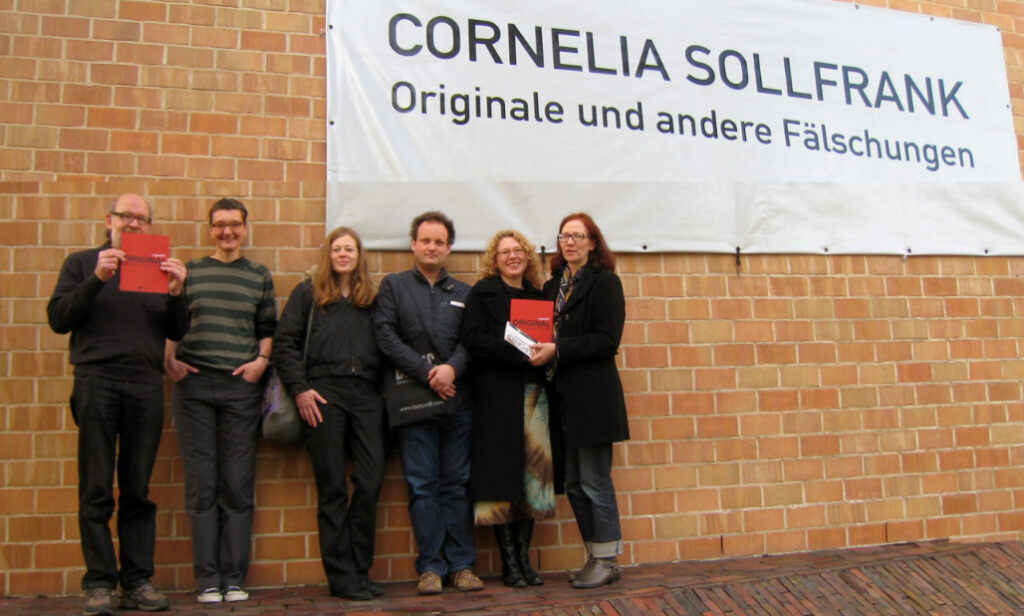
Book launch with Herbert Hossmann, Nanna Lüth, Rahel Puffert, Joern Ebner, Sabine Himmelsbach, Cornelia Sollfrank -
Legal Perspective
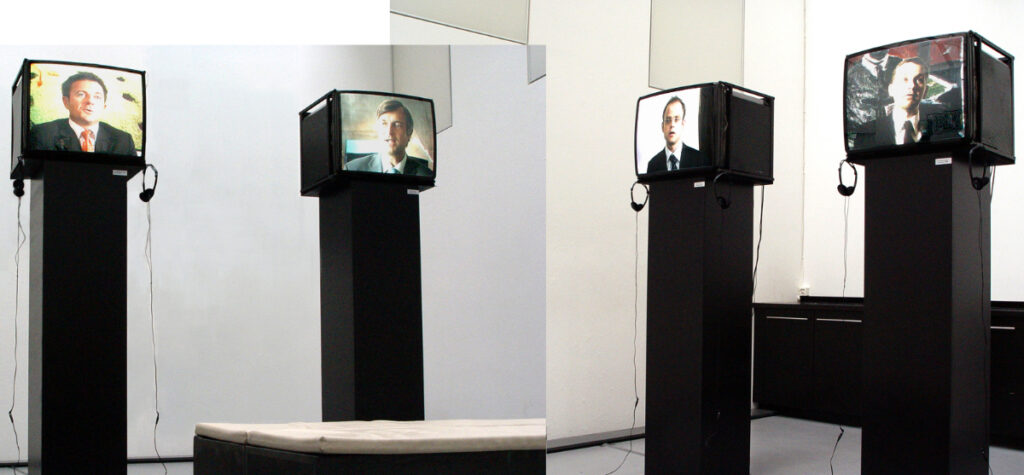
Four legal experts elaborate on copyright issues related to the net.art generator – from a legal perspective. Four-channel video installation, (12 to 15 minutes each). German with English subtitles.
In 2004 Cornelia Sollfrank submitted the anonymous_warhol-flowers to four copyright law experts and filmed their responses. Instead of displaying prints of the automatically generated images, these expert videos were installed at [plug.in] Basel. The interviews not only illustrate the different appraisals of the situation by various experts but also clearly demonstrate the legal grey area between artistic freedom and the letter of the law resulting from artistic appropriation. Aesthetic necessities and legal logic appear irreconcilable. Thanks to the participating lawyers: Peter Eller, Munich; Jens Brelle, Hamburg; DrsRolf auf der Maur, Zurich; Dr Sven Krüger, Hamburg.
-
Liquid Hacking Laboratory

Kunstverein Nürnberg, 1 September – 15 October 2000
The ‚Liquid Hacking Laboratory‘ was an experimental setting which has been conceived by Cornelia Sollfrank and brought together twenty-five artists and hackers. It combined three elements: a temporary media lab, public presentations, and an exhibition. The idea was to go beyond traditional conceptions of art production and art presentation, and to offer –for the participating international artists and hackers as well as for the interested public– a space for exchange and knowledge transfer.
conceptual art
